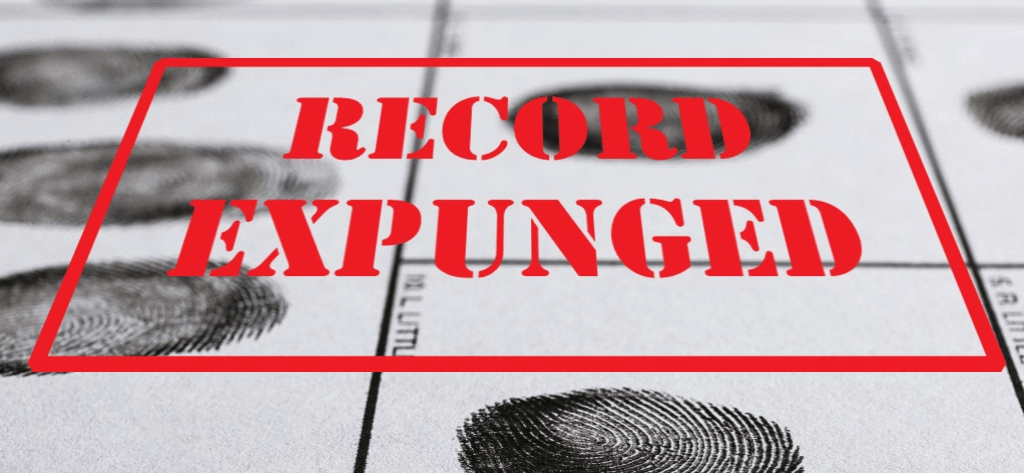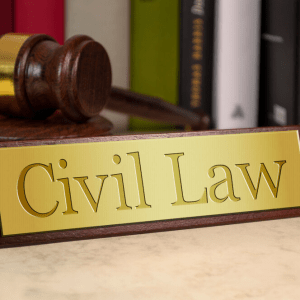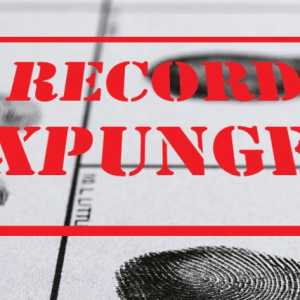
In the intricate web of the legal system, the shadow of past mistakes can cast a long and daunting presence. Expunge criminal charges emerges as a beacon of hope for those seeking redemption and a clean slate. In this exploration, we delve into the process of expungement and the transformative power it holds.
Criminal Record Expunge Criminal Charges
A expunge criminal charges record, like an indelible stain, can mar one’s life in profound ways. It acts as a perpetual reminder of past transgressions, hindering opportunities for employment, housing, and social integration. The stigma of a criminal record can be an enduring obstacle to rebuilding one’s life.
The Concept of Expunge Criminal Charges
Expunge criminal charges is not merely a legal term; it represents the promise of a fresh start. Expungement refers to the legal process of erasing or sealing a criminal record, effectively removing it from public view. This process grants individuals the opportunity to break free from the shackles of their past and move forward with a clean slate.
Eligibility Criteria
The journey to expunge criminal charges begins with a thorough assessment of eligibility. While criteria may vary by jurisdiction, common factors include the nature of the offense, the time elapsed since the conviction, and the individual’s overall criminal history. Some offenses, such as violent crimes or sexual offenses, may not be eligible for expungement.
The Application Process
Initiating the expungement process involves submitting a formal application to the appropriate court or agency. This application typically requires detailed information about the conviction, including dates, charges, and sentencing. Legal counsel is often advisable to navigate this complex process successfully.
The Legal Review
Upon receiving an expungement application, the court conducts a thorough legal review. This entails scrutinizing the applicant’s criminal history, considering the nature of the offense, and evaluating the individual’s rehabilitation efforts since the conviction. A clean post-conviction record and a demonstration of remorse can weigh favorably in the decision.
The Court’s Decision
The court’s decision regarding whether to expunge criminal charges is a pivotal moment in the process. If the expungement is granted, the individual’s criminal record is sealed or destroyed, making it inaccessible to the general public, including potential employers and landlords. This legal grace offers a newfound opportunity for a life unburdened by past mistakes.
The Impact of Expunge Criminal Charges
The transformative power of expungement cannot be overstated. It opens doors that were once firmly closed. Employment prospects brighten, housing options expand, and the heavy weight of social stigma begins to lift. It is a second chance, a chance for redemption, and a chance to rebuild one’s life.
The Benefits Beyond the Individual
The advantages of expungement extend beyond the individual seeking a fresh start. Society at large benefits from this process as well. When individuals are given the opportunity to reintegrate into society as law-abiding citizens, the likelihood of recidivism decreases. Communities become safer, and the cycle of criminality is disrupted.
The Importance of Legal Guidance
Navigating the labyrinthine process of expunge criminal charges is not a journey to undertake alone. Legal counsel, with expertise in expungement cases, plays an indispensable role in ensuring that all necessary steps are taken, and all legal requirements are met. Their guidance can make the difference between a successful expungement and a frustrating setback.
Conclusion
In the saga of one’s life, the chapter marked by a criminal conviction need not be the final word. The power to expunge criminal charges represents the triumph of hope over despair, redemption over condemnation. It is a testament to the resilience of the human spirit and the belief in second chances. As we contemplate the intricate legal process of expungement, we must recognize its profound impact, not only on individuals seeking a fresh start but on the fabric of society itself. It is a legal remedy that extends a hand of compassion, offering the promise of a brighter, more hopeful future.







